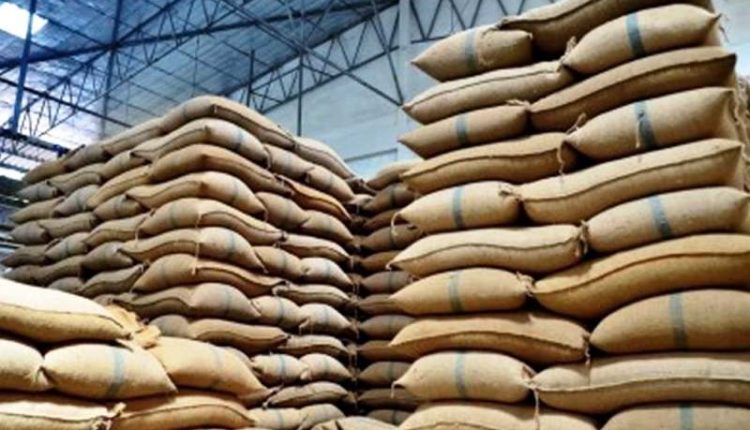Irshad Ullah Khan
PESHAWAR: A scandal of monumental proportions has come to light in Khyber Pakhtunkhwa, where wheat worth Rs10 billion stored in godowns has been declared spoiled, sparking a fierce debate in the provincial assembly and putting the spotlight on alleged mismanagement in the Food Department.
The wheat stock, procured in 2023 from PASSCO and stored in warehouses across the province, has been deemed unfit for human consumption. A report by the Pakistan Council of Scientific and Industrial Research (PCSIR) revealed that 77,762 metric tonnes of wheat have become unusable due to improper handling and storage.
Speaking in the assembly, Food Minister Zahir Shah Toru stated that preliminary tests conducted in two laboratories had confirmed that the wheat was not fit for human consumption. Further analysis is being conducted in Faisalabad with final results awaited, he added.
“If found unfit, strict action will be taken against those responsible for this negligence,” the minister assured the assembly. He also clarified that the procurement had been made during the tenures of the previous PTI government and the interim administration.
Efforts to sell the spoiled wheat to flour mills fell through with mill owners refusing to purchase it even at reduced prices, citing its expired shelf life.
Sources within the Food Department confirmed that the stock should have been sold earlier to avoid wastage.
The opposition did not hold back, accusing the Food Department of gross negligence and mismanagement. They blamed improper storage facilities and delayed decision-making for the colossal financial loss.
In defense, the minister emphasized the current government’s commitment to accountability, stating, “We will determine the fate of the wheat – whether to dispose of it or repurpose it – after receiving the final lab reports.”
The scandal has fueled widespread criticism of food management systems in the province, with calls for transparency and accountability growing louder from both opposition parties and civil society.


Comments are closed.